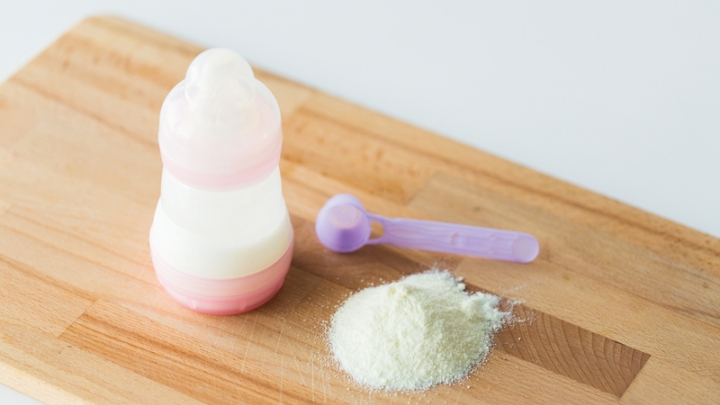(RxWiki News) Thinking of making formula for your infant at home? The US Food and Drug Administration (FDA) says you should think again.
The FDA is warning parents not to make homemade infant formula or feed it to their infants.
Why? Because homemade formula may fall short of nutrition guidelines for infants. And nutrient deficiencies can cause serious health problems for little ones.
The FDA strictly regulates all commercial formulas because these products can be the only source of nutrition for babies and infants. Online homemade infant formula recipes are not FDA-regulated or approved.
The agency recently announced that it had received reports of infants who had been fed homemade formula being hospitalized for low calcium levels.
Some homemade infant formulas may also contain too much of certain nutrients, according to the American Academy of Pediatrics.
Beyond potential nutrient problems, homemade infant formulas can also cause illness if they are contaminated while they are being made. Foodborne illnesses can be life-threatening, the FDA noted.
The FDA advised parents and caregivers of infants who have received homemade formula to report any symptoms to the local health department and contact their health care providers.
If you cannot afford commercially produced infant formula, help is available. You may qualify for assistance from the Special Supplemental Nutrition Program for Women, Infants and Children (WIC), Supplemental Nutrition Assistance Program (SNAP) or Temporary Assistance for Needy Families (TANF).
Talk to your child's doctor about which formula is best for your child.







